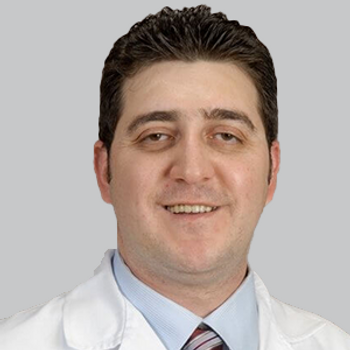
The data safety monitoring board reviewed 90-day outcomes for the first 200 patients, recommending that investigators continue the study as it currently stands.

The data safety monitoring board reviewed 90-day outcomes for the first 200 patients, recommending that investigators continue the study as it currently stands.
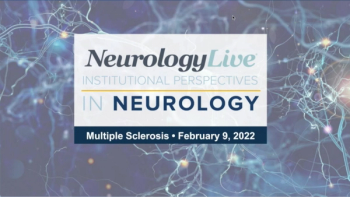
Chaired by Eric Klawiter, MD, MSc, the presentations also feature Mass General and Brigham and Women's experts Tanuja Chitnis, MD; Kristin Galetta, MD; and Michael Levy, MD, PhD. [WATCH TIME: 1 hour, 26 minutes]
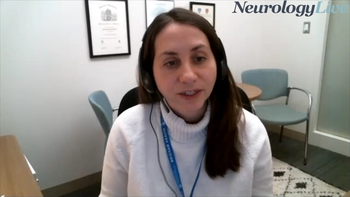
The professor of neurology at Brigham and Women’s Hospital discussed her presentation on B-cell depleting therapies such as ocrelizumab and ofatumumab for the treatment of multiple sclerosis. [WATCH TIME: 2 minutes]

More than 30% of the lower dose tenecteplase group achieved major reperfusion without symptomatic intracranial hemorrhage at 24 to 48 hours after thrombolysis.

A greater proportion of those treated with EVT had modified Rankin Scale scores of 0-3 at 90 days and NIHSS improvements of at least 8 points or more at 48 hours, relative to standard medical therapy.
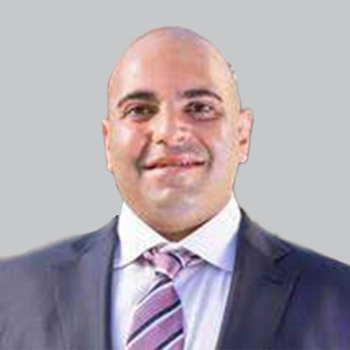
For pediatric patients with LVO, 4 out of 5 fulfilled adult thrombectomy selection criteria, aside from age.

Investigators found that increased age, greater initial NIHSS score, arrival by EMS, and shorter time to ED arrival all contributed to increased treatment rates.
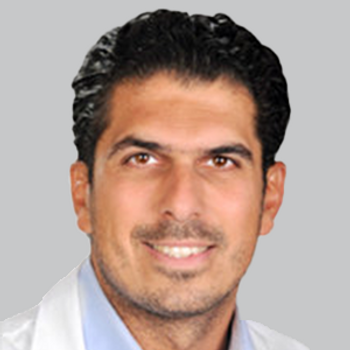
When compared with warfarin, treatment with DOACs was associated with a favorable safety profile, as well as similar clinical and radiographic outcomes in patients with cerebral venous thrombosis.
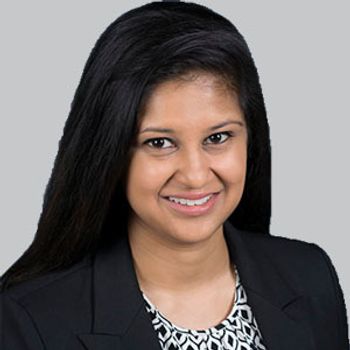
The artificial neural network demonstrated an area under the precision-recall curve of 0.92 with recall of 0.72 with precision of 0.39 during testing, all values that were greater than classic regression models.
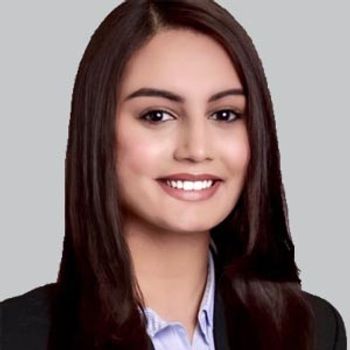
After small studies suggested eptifibatide may be safe in acute ischemic stroke, new data showed similar rates of ICH between study drug and controls, but increased PH-2 for those treated with the antiplatelet.

Results from the retrospective chart review were presented at the 2020 International Stroke Conference, held in New Orleans and virtually.
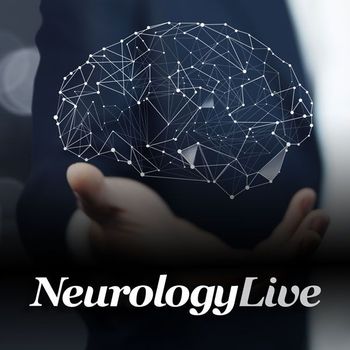
Relative to pre-pandemic era, the odds of mortality in stroke-related admissions increased during the pandemic, with an even greater risk for those less than 70 years of age.

The research director and staff scientist at Cleveland Clinic’s Epilepsy Center detailed the clinical pre- and post-surgery benefits patients with epilepsy get from MR fingerprinting. [WATCH TIME: 3 minutes]
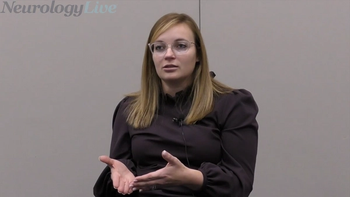
The staff epileptologist at Cleveland Clinic’s Epilepsy Center discussed new untapped ways seizure apps could help patients with epilepsy. [WATCH TIME: 2 minutes]
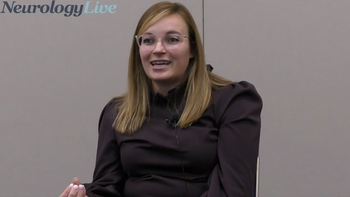
The staff epileptologist at Cleveland Clinic’s Epilepsy Center gave her expert opinion on whether seizure app usage has increased during the COVID-19 pandemic and why there remains a need for further data collections. [WATCH TIME: 2 minutes]
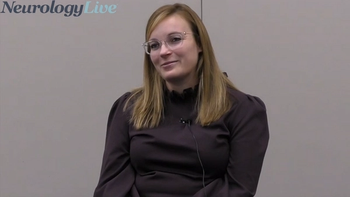
The staff epileptologist at Cleveland Clinic’s Epilepsy Center detailed the benefits seizure apps provide for patients with epilepsy, as well as the barriers that limit them. [WATCH TIME: 3 minutes]

The research director and staff scientist at Cleveland Clinic’s Epilepsy Center provided an inside look at the ways MR fingerprinting can provide real-time clinical benefit for physicians and patient care.
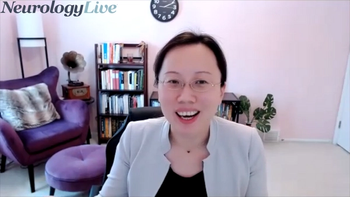
The research director and staff scientist at Cleveland Clinic’s Epilepsy Center discussed opportunities for MR fingerprinting to expand, both in the epilepsy field and in general neurology. [WATCH TIME 3 minutes]
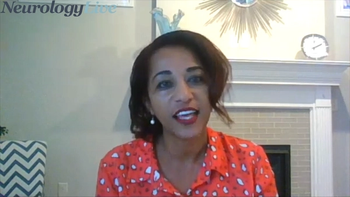
The clinical psychologist at Cleveland Clinic provided insight on the tricky nature of diagnosing a patient with nonepileptic seizures and the difficult conversations that can ensue. [WATCH TIME: 3 minutes]

The research director and staff scientist at Cleveland Clinic’s Epilepsy Center provided insight on her study presented at AES 2021, which showed that MR fingerprinting can differentiate focal cortical dysplasia from healthy tissue. [WATCH TIME: 4 minutes]

The research director and staff scientist at Cleveland Clinic’s Epilepsy Center discussed why MR fingerprinting holds significant clinical potential in epilepsy and epilepsy-related disorders.
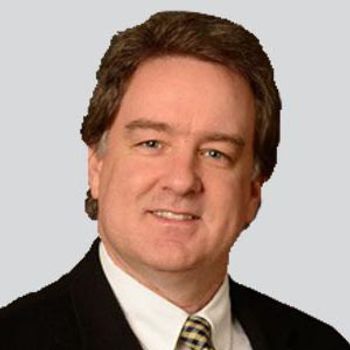
Darcy Krueger, MD, PhD, director, Tuberous Sclerosis Clinic, Cincinnati Children’s, discussed the idea behind swiftly treating tuberous sclerosis at infant stages using targeted therapeutic approaches.

The research director and staff scientist at Cleveland Clinic’s Epilepsy Center provided background on the momentum behind MR fingerprinting and its potential in epilepsy care. [WATCH TIME: 3 minutes]
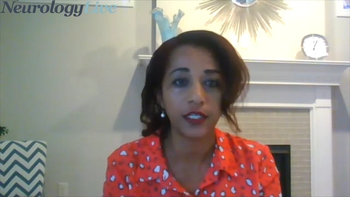
The clinical psychologist at Cleveland Clinic discussed the process for successfully changing and tailoring different cognitive behavioral therapy approaches to treat various forms of seizures. [WATCH TIME: 3 minutes]
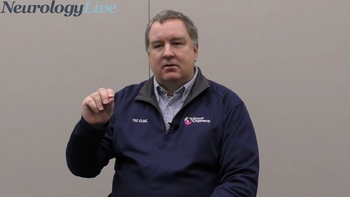
The director of the Tuberous Sclerosis Clinic at Cincinnati Children’s discussed the thought behind STOPS2, a trial aimed at preventing or delaying seizure onset in tuberous sclerosis complex. [WATCH TIME: 3 minutes]
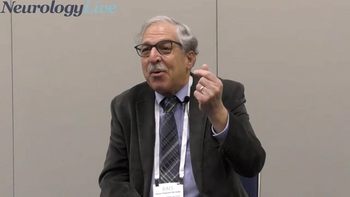
The neurologist from the Comprehensive Epilepsy Care Center for Children and Adults, in St. Louis, Missouri, provided context on improving our use of current antiseizure medications as the top priority for patients with epilepsy. [WATCH TIME: 2 minutes]

Amy Kunchok, MD, staff neurologist at the Mellen Center for Multiple Sclerosis and Research at Cleveland Clinic, discussed a recent talk she gave that highlighted the different phenotypes of AQP-IgG NMOSD and MOGAD.
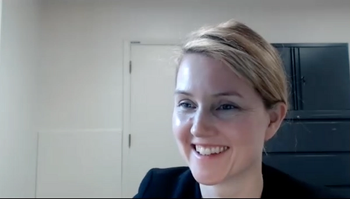
The staff neurologist at the Cleveland Clinic Mellen Center for Multiple Sclerosis outlined key findings from her talk at a recent Institutional Perspectives in Neurology: Multiple Sclerosis event. [WATCH TIME: 3 minutes]
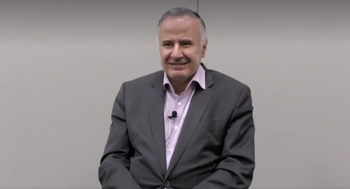
The director of the epilepsy center at Cleveland Clinic Neurological Institute spoke on one of the studies he coauthored that were presented at AES 2021. [WATCH TIME: 4 minutes]

The director of the Tuberous Sclerosis Clinic at Cincinnati Children’s provided insight on promising drug developments for tuberous sclerosis complex and other notable priorities within the space.